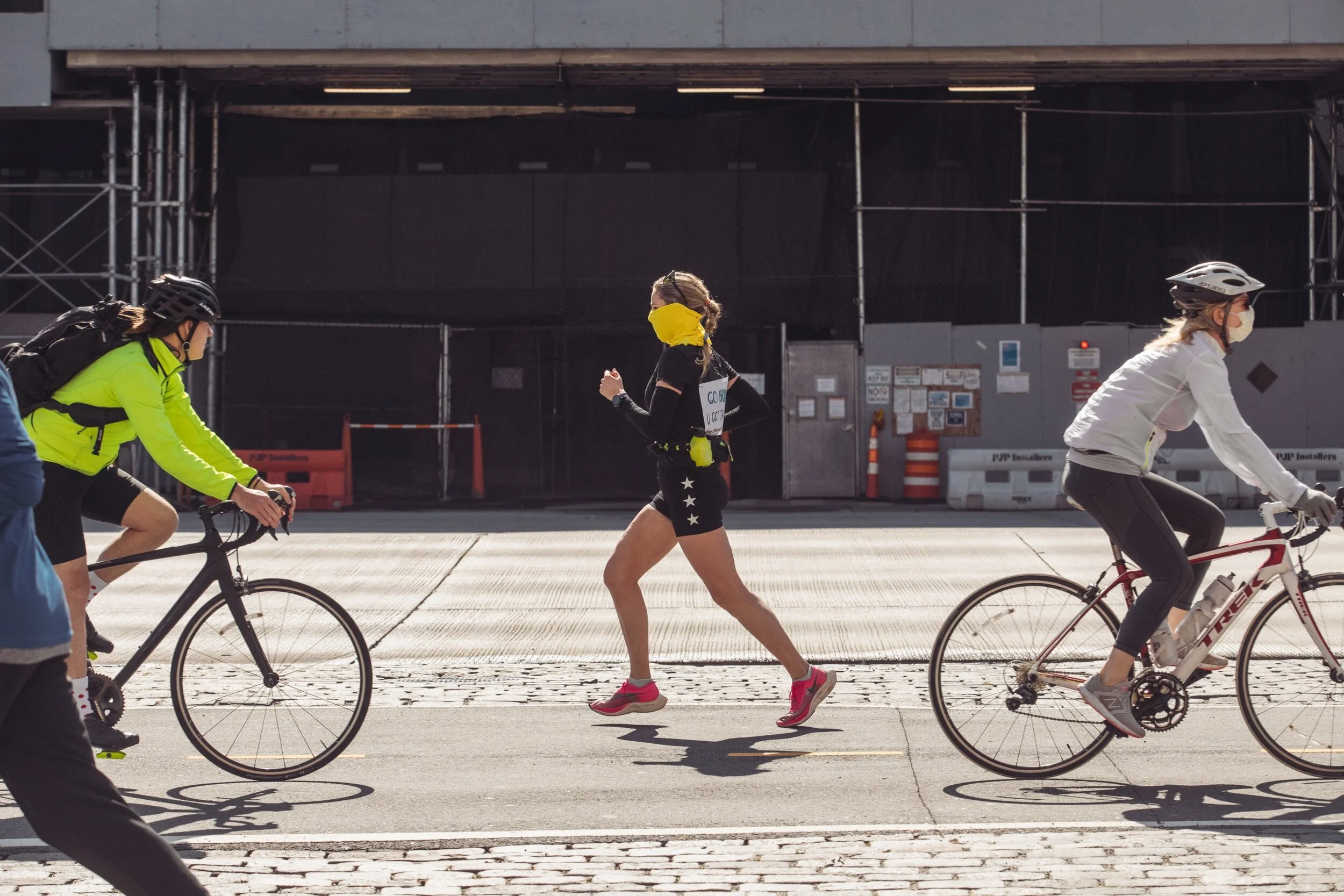For three weeks beginning on March 19, the remarkably prolific and wildly imaginative French writer Éric Chevillard (M&L no. 8) kept a daily quarantine journal for Le Monde. (It has since moved to his blog, L’Autofictif, where he has mused that maybe he should change its name from “Sine die”—Latin for “indefinitely,” in the sense of postponement—to “Ad vitam æternam,” or “for eternity.”) Plenty of sheltered-in-place writers are doing similar work, of course, as he took care to remind us on day 15. But none have been so resolute, or so refreshing, in their refusal to take present conditions at face value. Instead, Chevillard is up to his old trick of finding a single loose thread in the fabric of daily life, winding it around a finger, and gently pulling until reality itself seems to unravel—a practice likely becoming, at the moment, more and more familiar to the rest of us.
—Daniel Levin Becker
We’re still allowed to go out, briefly, for the necessary daily walking of our pets. Let us note that the dog calls “walking” what the human calls “defecating,” and that he requires the street, even the whole city, to deposit his waste—while for us, on the contrary, this rite, this duty, is normally our only daily experience of confinement, in the little room at the end of the hall. In short, this pressing necessity is an occasion for the dog to get out of the house for a spell, and a good reason for his master, on the contrary, to come home running. In both cases, you might say, we get to stretch our legs.
At first, I exercised this right. I walked Tiburce around the neighborhood. He was going stir crazy inside the house. I soon stopped, though, in light of the wrathful looks and disobliging remarks I was getting from the occasional passerby. I must say, even held firmly on a leash, Tiburce inspires fear. I tried to be reassuring, to insist that he’s gentle, that he doesn’t bite, but it was no use. My good little pangolin frightens everyone.
So all I have left, if I wish to go into town, is the pretext of physical fitness. The governmental directives being somewhat vague, we thought at first that we were required to run in the street. Jogging became our only mode of locomotion. Even my elderly neighbor who hasn’t moved without a walker in three years dug deep in her memory and found a cherry-red terrycloth tracksuit, which she now wears on her daily Nordic walk. Each day she blasts through her hundred meters of sidewalk. Each day she shatters the previous day’s record.
It’s vital to exercise. I’ve even stuck crampons to the soles of my slippers, the better to give an athletic feel to my vague household perambulations. Everyone is becoming ardently devoted to gymnastics. Dumbbells, aerobics, circuit training (not to be confused with circus training, which also tones several different muscles), biceps curls, push-ups, jump rope: we’re all working on sculpting ourselves the body of an athlete.
Now, it hasn’t escaped anyone’s notice that the Tokyo Olympics have been pushed back a year due to the epidemic. And we’ve all caught ourselves daydreaming on our floor mats. Thanks to all this intensive training, more of us than ever will be ready to take on the various events. Competition for the national selections will be stiff indeed.
Until tomorrow.
Translated from the French by Daniel Levin Becker
(31 March 2020)
Éric Chevillard was born in 1964 in La Roche-sur-Yon in the west of France. He published his first novel, Mourir m’enrhume (Dying Gives Me a Cold), at the age of twenty-three, and has since gone on to publish more than twenty works of fiction, including The Crab Nebula, On the Ceiling, Palafox, Prehistoric Times, Demolishing Nisard, and The Author and Me. His novel The Brave Little Tailor is forthcoming from Yale University Press.
Daniel Levin Becker is an editor, translator, and Oulipian based in Paris.

